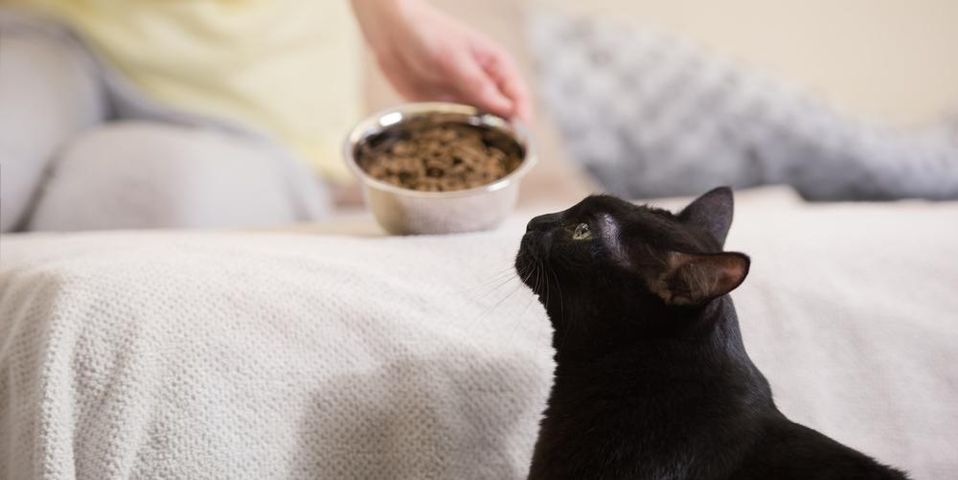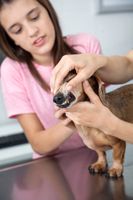Wisconsin Dells Animal Clinic Explains What to Do When Pets Stop Eating

It’s not unusual for animals to lose their appetite every now and then, but it becomes a problem when they stop eating altogether. While there could be a temporary environmental stressor that might be the cause, going long periods of time without eating can be very detrimental to your pet’s health and well-being. You may need to take your pet to an animal clinic if this behavior persists. If your pet won’t eat for a full 24 hours, Dells Animal Hospital of Wisconsin Dells has the steps you need to take to ensure they regain their appetite.
What You Should Do When Your Pet Stops Eating
1. Determine the Cause
There are several reasons why your pet may have lost interest in their food. If you’ve recently switched brands, there’s a possibility they don’t like the taste. When you’ve ruled out pickiness, see if you can detect any other symptoms. Does your pet seem lethargic, or are they having unusual bowel movements? There’s a possibility they’re feeling pain or suffering from an illness. Recent moves, long periods of time left alone, and new pets or housemates can also cause anxiety in pets, resulting in a loss of appetite. Consider all potential stressors and whether they can be fixed or treated.
2. Examine Your Pet
 If you’ve concluded that external causes are not to blame, it’s time to see what’s going on internally. Give your pet a quick physical checkup. They may not like it, but you’ll need to check out the inside of their mouth. Healthy gums are bright pink (pigmented gums are also normal) and wet. Red or bleeding gums, swelling, particularly bad breath, and loose teeth can be an indication of oral health issues that should be addressed at the animal clinic. If everything seems normal, press gently on their belly to feel for any lumps or hardness. If they react in pain, they may be suffering from an illness or gastrointestinal issues.
If you’ve concluded that external causes are not to blame, it’s time to see what’s going on internally. Give your pet a quick physical checkup. They may not like it, but you’ll need to check out the inside of their mouth. Healthy gums are bright pink (pigmented gums are also normal) and wet. Red or bleeding gums, swelling, particularly bad breath, and loose teeth can be an indication of oral health issues that should be addressed at the animal clinic. If everything seems normal, press gently on their belly to feel for any lumps or hardness. If they react in pain, they may be suffering from an illness or gastrointestinal issues.
3. Consult Your Veterinarian
Whether you’ve discovered a potential health concern or can’t figure out what’s wrong, you’ll want to contact your veterinarian as soon as possible. They’ll perform a thorough physical exam and ask for background information to ascertain the likely cause. If a fixable health issue is detected, the vet can treat the problem, and your pet’s appetite should return to normal. Environmental or psychological causes will likely result in recommendations for changes you’ll need to implement.
When your cat or dog is feeling unwell, bring them to Dells Animal Hospital. Their attentive staff provides quality pet care, treatment, and advice for keeping your pet in top shape. With first-rate equipment and technology, such as dental digital X-rays, they’ll determine the cause of your pet’s ailments in no time. To learn more about the animal clinic’s services, call (608) 235-7301 or visit them online.
About the Business
Have a question? Ask the experts!
Send your question

